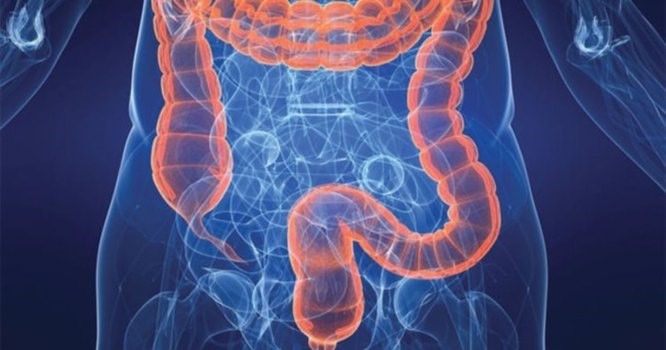Colorectal cancers are the third most common type of cancer in both men and women. One in every 10 people develop colon cancer. Due to the screenings, the mortality rate related to colon cancer has decreased in the last 20 years.
Risk factors
The exact cause of colon cancer is unknown and the most known risk factors are;
Being overweight or obese
• Not being physically active
• Consumption of large amounts of processed food or red meat
Alcohol use
• Smoking
• Advanced age
• Similar family history of cancer
Some genetic diseases:
Changes in certain genes increase the risk of cancer of the large intestine. Hereditary nonpolyposis colon cancer (HNPCC) is the most common type of hereditary (genetic) colorectal cancer.
Familial adenomatous polyposis (FAP) is a rare condition characterized by hereditary polyps in the colon and rectum. It happens as a result of changes in a special gene called APC.
Having had colon cancer before: A person with a history of colon cancer can develop colon cancer again.
Ulcerative colitis or Crohn's disease: The risk of colon cancer is increased in those with the said inflammatory disease in the intestine.
Symptoms:
Changes in bowel habits such as diarrhea-constipation occur and these changes last more than a few days
Feeling of not fully emptying in the intestine
Blood in stool (bright or dark red), or darkening in stool color
Abdominal distention, cramp-like pain, or gas complaints
Weight loss for no known reason
Constant tiredness
Colon cancer has been a preventable disease as a result of early diagnosis and treatment of polyps that can turn into cancer by colonoscopy.
What is a colonoscopy?
The examination of organs with hollow organs with a camera at the end of which can be bent is called endoscopy. This process is specially named according to the region studied. The final bowel examination is called 'rectoscopy', and the entire large bowel examination is called 'colonoscopy'.
When is a colonoscopy done?
* Family history of colon cancer,
* Follow-up and treatment of intestinal polyps,
* Follow-up of patients who have had bowel cancer surgery,
* Any healthy person over the age of 50 (for screening purposes),
* Bleeding from breech,
* Long-term anemia that does not respond to treatment,
* Diagnosis and follow-up of inflammatory bowel diseases (Crohn and ulcerative colitis),
* Changing defecation habits (prolonged diarrhea or constipation),
* Stool-thinning, defecation sensation, and not being able to defecate when going to the toilet,
* It is made in cases of unexplained abdominal pain and weight loss.
Thanks to the colonoscopy:
* Detection and removal of structures called polyps located on the inner surface of the intestine,
* Imaging of tumoral masses and taking biopsy,
* Detection of 'Diverticula' known as pocketing in the intestinal wall,
* Display of vascular problems and stop if there is an existing bleeding,
* It may be possible to correct the conditions such as bowel obstruction, which develops by turning the intestines around itself.
Last Update Date 22 July 2020 Editör Admin Ceyhun Taş - 0541 809 1296












